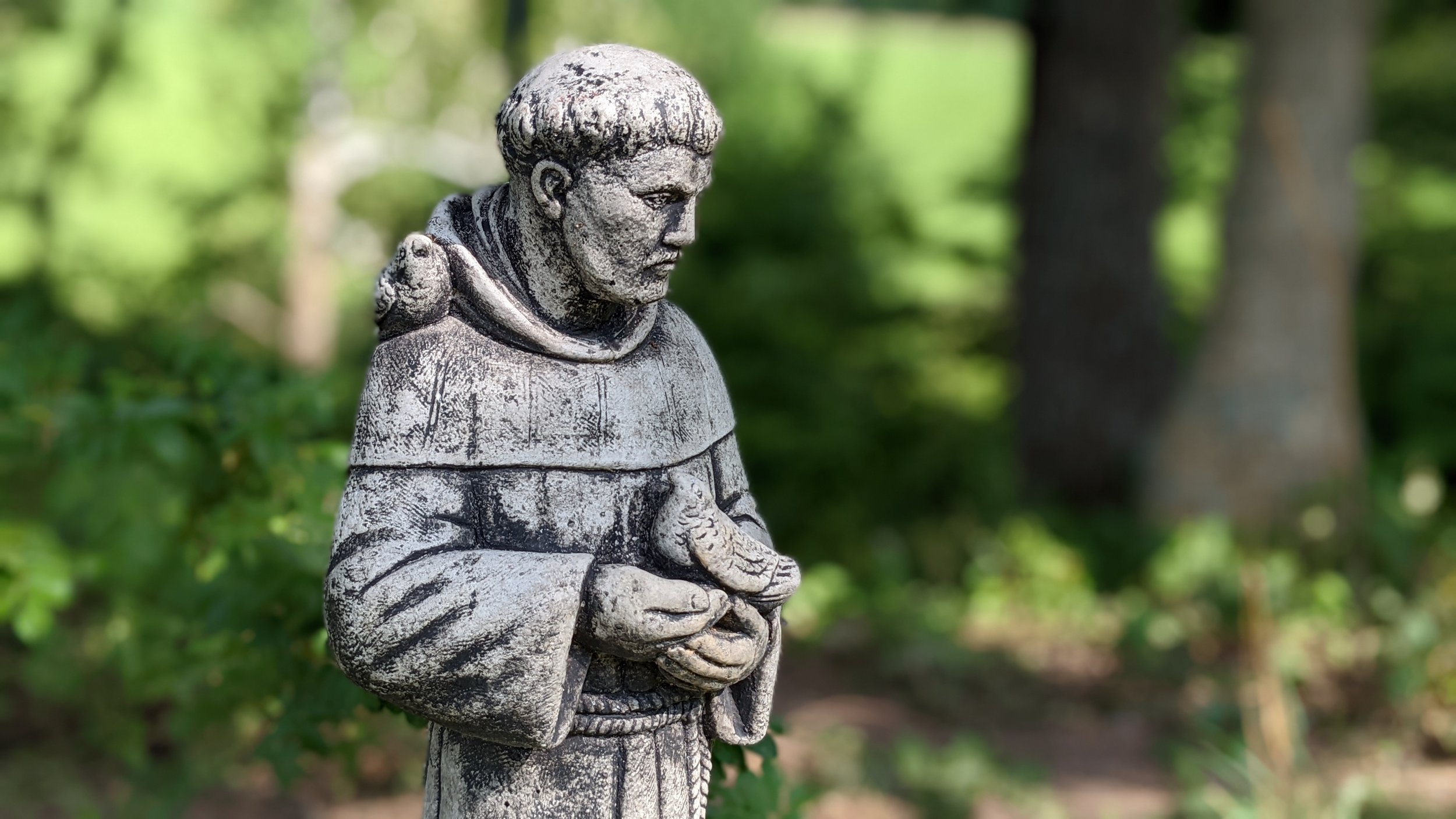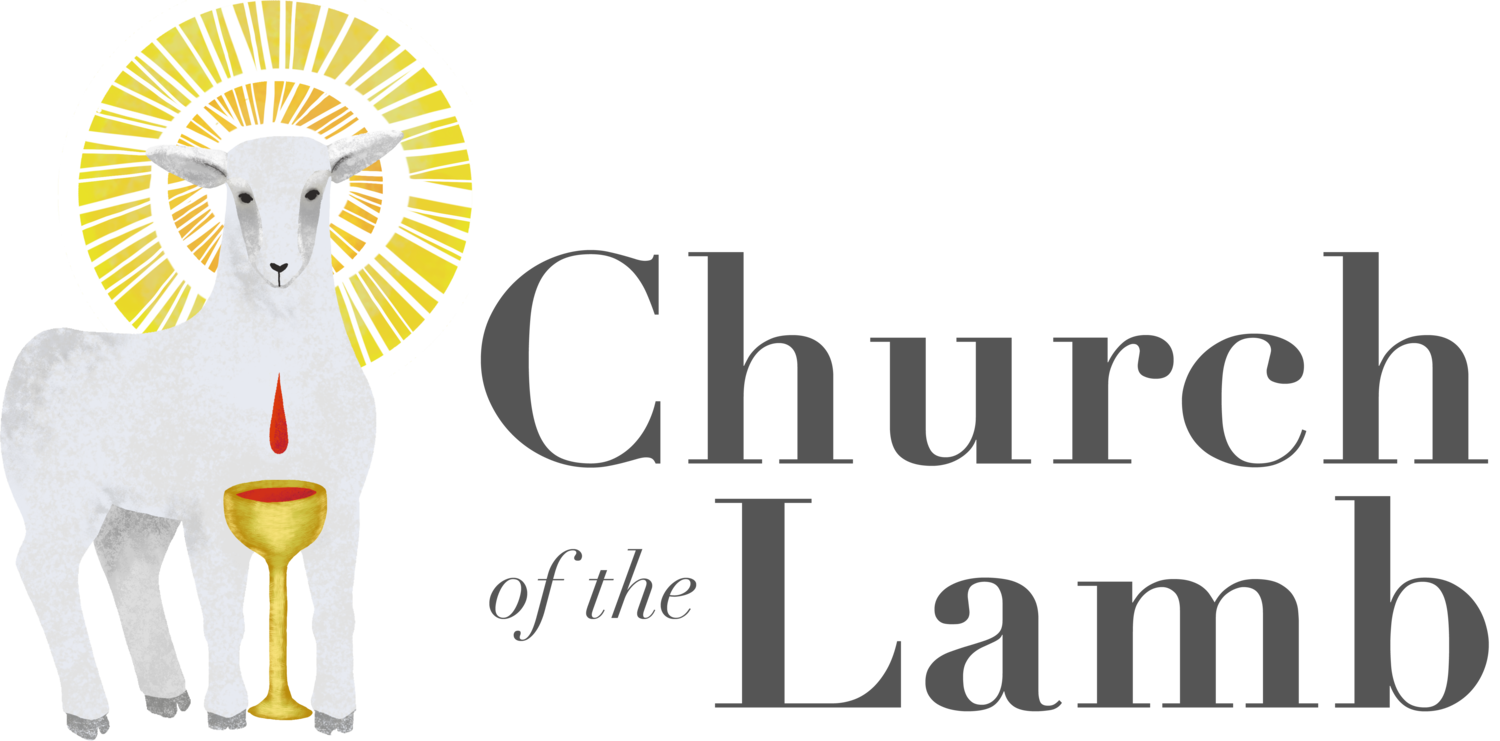
The Abbey
The Abbey is how Church of the Lamb does what we believe. It is how we abide, where we learn to rest, and what people compelled by love look like.
The Abbey is a space where prayer, gardens, celebrations and economic ventures coexist to grow God’s Kingdom and create a home for all who will come.
FAQ’s
-
Abbeys (or monasteries) were communities of Christians who lived together and adopted a common rule of life built around regular liturgical prayer. Between their prayers, they worked to provide for themselves and to subsidize their ministries of mercy. This work took different shapes historically: creating and staffing hospitals, founding schools, hosting scholars-in-residence, growing food, tending animals, brewing beer, providing a social safety net for the materially poor, providing shelter for travelers, copying manuscripts of the Bible and other important works, and archiving cultural treasures.
-
Christians started abbeys to create spaces where they could become of service to the world instead of merely assimilating into pagan empires around them. These alternative spaces at the margins of culture allowed Christians to preserve their beliefs while still serving their communities. In The Celtic Way of Evangelism, George Hunter indicates that Ireland converted to Christianity more swiftly and thoroughly than any other culture in history, in no small measure, because St. Patrick evangelized through the creation of monasteries.
Abbeys still exist today around the world. Locally, a small group of nuns at Our Lady of the Angels Monastery lives in Crozet, prays faithfully, hosts guests in their cottages, and makes cheese.
-
Today we find ourselves in a cultural moment of chaos. Modern life in western cultures is noisy, ruthlessly efficient, consumeristic, devoid of purpose, and disenchanted. Swimming in these waters deforms us.
We need places where we learn how to pray, contemplate, and be with God in silence.
We need to travel beyond mental assent alone and into relationship with the Trinity. Rational faith is good, but it is not enough.
Lastly, we need places for scholars who are no longer welcome in traditional academies, artists whose beautiful creations are not recognized by the art community, and artisans in an era of mass production.
-
At Church of the Lamb, we wish to relearn and embody many characteristics of abbeys in the 21st century. Specifically, we want to integrate our prayer with our work (ora et labora), foster a community that lives a different ethos than our secular neighbors, and protect spaces for silence, contemplation, and rest so that we may hear God. We want to participate in spiritual formation through the use of Catechesis of the Good Shepherd and other devotional aids and to worship sacramentally and liturgically in our sanctuary on the property.
-
Our mission is to abide as disciples of Christ who are invited to rest and compelled to love. In the Bible, abiding in Christ means God's people live in God's place and experience his rule and blessing. We want to embody that model here at Church of the Lamb. Through the sacraments of Baptism and Eucharist, Christ makes us his people, unites us as one family, and feeds us with himself.
Furthermore, he has provided us with a beautiful and productive place to live and worship him. But we must not hoard this blessing to ourselves. We must share it through generous hospitality to neighbors, extending to them the joyful welcome we've received in Christ. Because we are compelled to love out of the rest we have received, we must steward these gifts to labor for renewal: of ourselves, of God's good creation, of our people, and of our community. Working and praying for God's kingdom to come is a large and sprawling endeavor, so we're eager to partner with individuals and organizations pursuing this renewal.
Our Abbey Ventures
-

Coffee
We are roasting a variety of coffee beans which you can order for pick up.
-

Venue
Weddings. Reunions. Celebrations. Retreats. We have the quiet, restorative venue you’ve been looking for.
-

Agriculture
An Orchard. Flowers. Bees. Livestock. . . . There’s lots of good work growing here.
Daniel Zimmerman, Director of Abide Project

